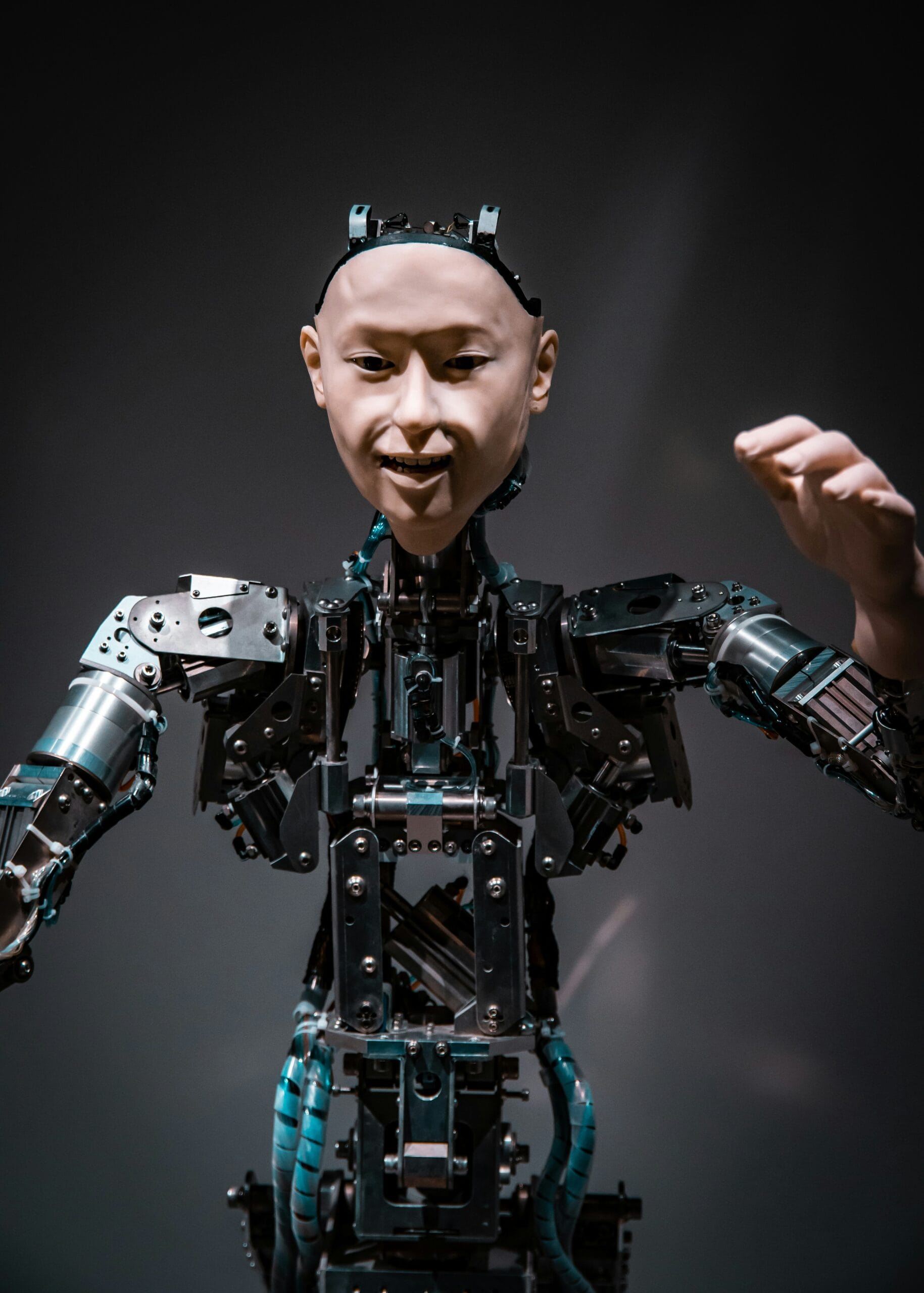The Impact of AI Technology in Today’s World
Artificial Intelligence (AI) technology has revolutionized various industries and transformed the way we live and work. From healthcare to finance, transportation to entertainment, AI has become an integral part of our daily lives. In this blog post, we will explore the impact of AI technology and its potential for the future.
Enhancing Efficiency and Productivity
One of the key benefits of AI technology is its ability to enhance efficiency and productivity in various sectors. AI-powered algorithms can analyze vast amounts of data and perform complex tasks at a speed and accuracy that humans cannot match. This has led to significant improvements in areas such as customer service, manufacturing, and logistics.
For example, in customer service, AI-powered chatbots can provide instant and personalized assistance to customers, reducing the need for human intervention. In manufacturing, AI-enabled robots can perform repetitive tasks with precision and speed, leading to increased production efficiency. In logistics, AI algorithms can optimize routes and schedules, minimizing delivery times and costs.
Improving Decision-Making and Problem-Solving
AI technology has also revolutionized decision-making and problem-solving processes. By analyzing large datasets and identifying patterns, AI algorithms can provide valuable insights and predictions. This is particularly useful in fields such as finance, healthcare, and marketing.
In finance, AI algorithms can analyze market trends and historical data to make accurate predictions about stock prices or investment opportunities. In healthcare, AI can assist doctors in diagnosing diseases by analyzing medical images or patient data. In marketing, AI-powered tools can analyze consumer behavior and preferences to provide targeted recommendations and personalized experiences.
Transforming Industries and Creating New Opportunities
AI technology has the potential to transform entire industries and create new opportunities. For example, in the automotive industry, AI is driving the development of autonomous vehicles. These self-driving cars have the potential to revolutionize transportation, making it safer, more efficient, and accessible to all.
In the entertainment industry, AI algorithms can analyze user preferences and create personalized recommendations for movies, music, or books. This has led to the rise of streaming platforms that offer customized content to each user, enhancing the overall entertainment experience.
Furthermore, AI technology has also created new job opportunities. As AI continues to advance, there is a growing demand for professionals with expertise in AI development, data analysis, and machine learning. This has opened up new career paths and has the potential to reshape the job market.
Addressing Ethical and Social Challenges
While AI technology offers numerous benefits, it also poses ethical and social challenges that need to be addressed. One of the main concerns is the potential impact on jobs. As AI automation replaces certain tasks, there is a risk of job displacement for some workers. However, it is important to note that AI technology also creates new job opportunities and can augment human capabilities.
Another ethical concern is the bias and fairness of AI algorithms. AI systems are only as good as the data they are trained on, and if the data contains biases, the AI algorithms can perpetuate and amplify those biases. It is crucial to ensure transparency and fairness in AI systems to avoid discrimination and ensure equal opportunities for all.
The Future of AI Technology
The potential of AI technology is vast and its impact will continue to grow in the future. As AI algorithms become more sophisticated and capable of learning from experience, we can expect even greater advancements in various fields.
For example, in healthcare, AI could revolutionize the diagnosis and treatment of diseases, leading to more personalized and effective care. In education, AI-powered tools could enhance personalized learning experiences, adapting to each student’s needs and abilities.
However, as AI technology advances, it is important to consider the ethical implications and ensure that AI is developed and used responsibly. This includes addressing issues such as privacy, security, and accountability.
Conclusion
AI technology has already made a significant impact on our lives and has the potential to shape the future in ways we can only imagine. From enhancing efficiency and productivity to transforming industries and addressing complex challenges, AI is revolutionizing the way we live, work, and interact with the world. As we embrace the power of AI, it is crucial to ensure that it is developed and used in a way that benefits all of humanity.

 then 'Add to home screen'
then 'Add to home screen' then 'Add to home screen'
then 'Add to home screen'


